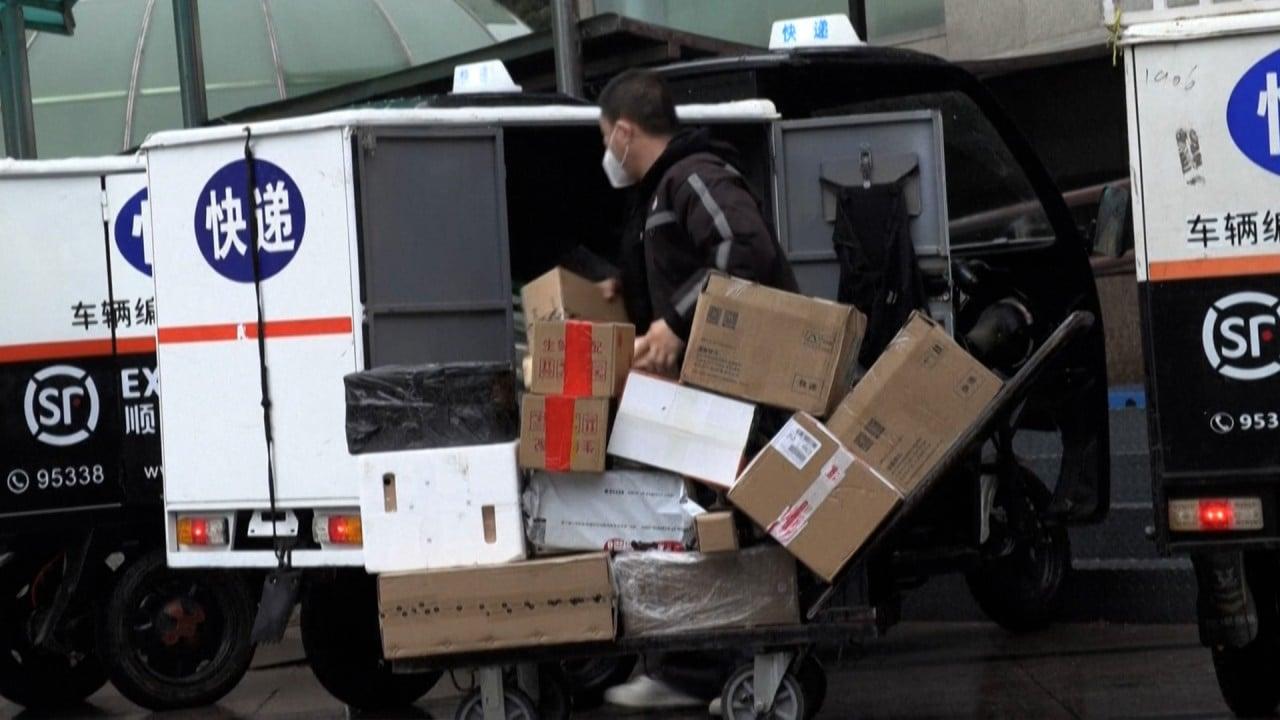
Expansionary monetary policy refers to boosting money supply or lowering short-term interest rates with an aim to promote consumer and business spending through increased liquidity.
China’s central bank last Friday cut the amount of cash that banks must hold in reserve for the second time this year to shore up growth.
This came as restrictive Covid-19 containment measures and a property market slump continued to dampen consumer sentiment and weigh on the world’s No 2 economy.
The People’s Bank of China said the 0.25 percentage point cut in the reserve requirement ratio (RRR) to 7.8 per cent would take effect on December 5, and inject around 500 billion yuan (US$70 billion) in long-term liquidity.
“The latest RRR adjustment looks minimal compared to the previous practice of 0.5 percentage point [cuts],” said Sheng Songcheng, adjunct professor of economics and finance at the China Europe International Business School in Shanghai.
He said the RRR was lowered this time instead of the loan prime rate due to liquidity concerns, reflecting coordination between monetary and fiscal policies.
Mounting economic pressure has sent some local governments in China scrambling for new sources of revenue and to order spending cuts.
Sheng Songcheng says the RRR was lowered this time instead of the loan prime rate due to the liquidity concerns. Photo: Handout
“Who are the buyers for the bond issuance related to the fiscal policy and specific bond issuances of the local governments?” Sheng said. “They are mainly financial institutions, and they need money to buy. That’s why only the RRR has been lowered this time.”
Latest information from the National Bureau of Statistics says industrial companies are under greater pressure as Covid-19 cases rise across the country alongside risks of a global recession.
“There is a need to synchronise the roll-out of Covid control measures versus economic development in a highly effective way,” bureau official Zhu Hong was quoted as saying by state broadcaster CCTV.
China’s economy has been under pressure since October as exports and retail sales dip amid weak business and consumer confidence.
The Covid-19 situation would impose uncertainties, making it difficult to achieve a huge and consistent rebound in consumption, Lian warned.
He Xiaobing, principal economist at China Fortune Securities, also said the immediate challenge for the Chinese economy was a lack of stability.
“It’s important to have something concrete to regain confidence and secure investments,” he said.
“For instance, it’s important to deepen reforms with determination to work out the 14th five-year plan and the 2035 goals on hi-tech development by keeping talent in the country.”

